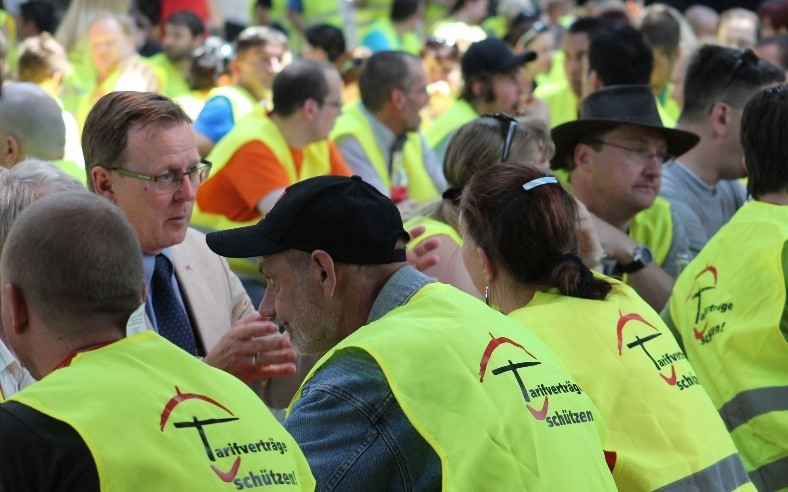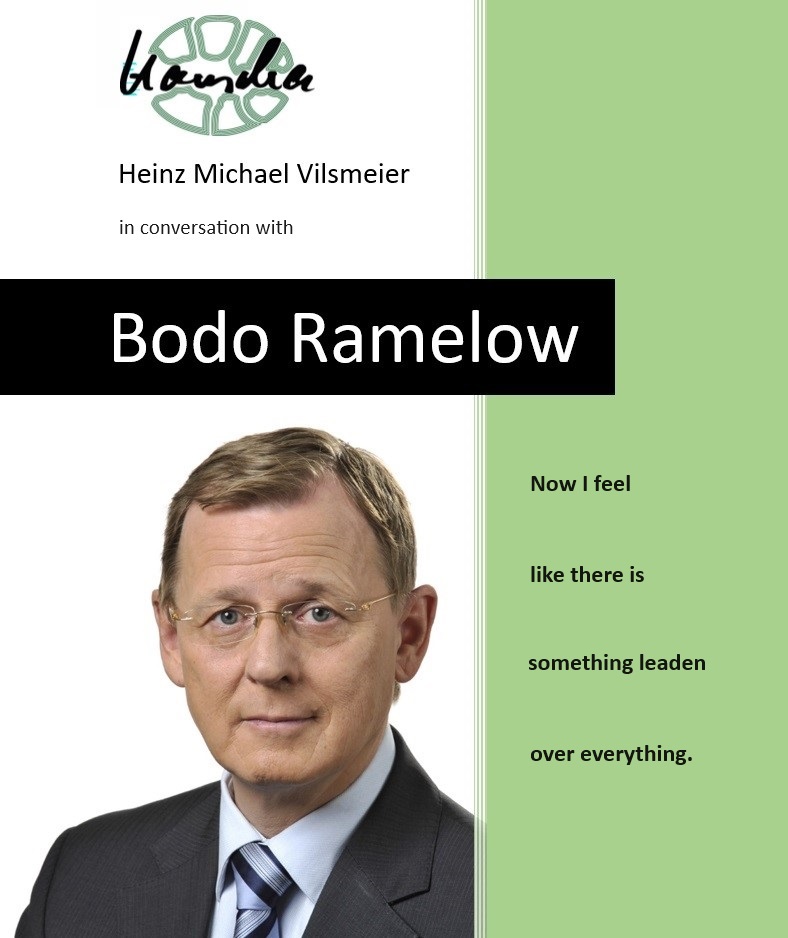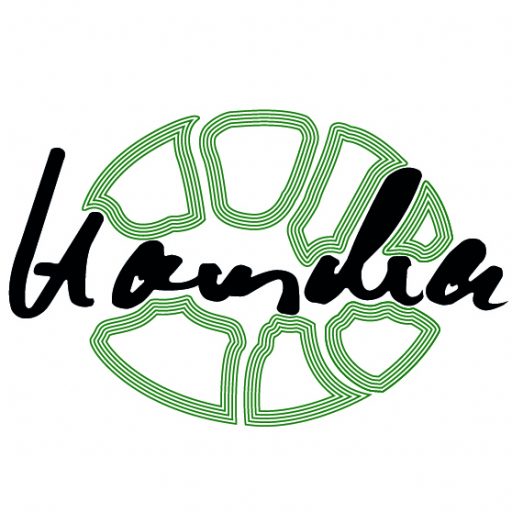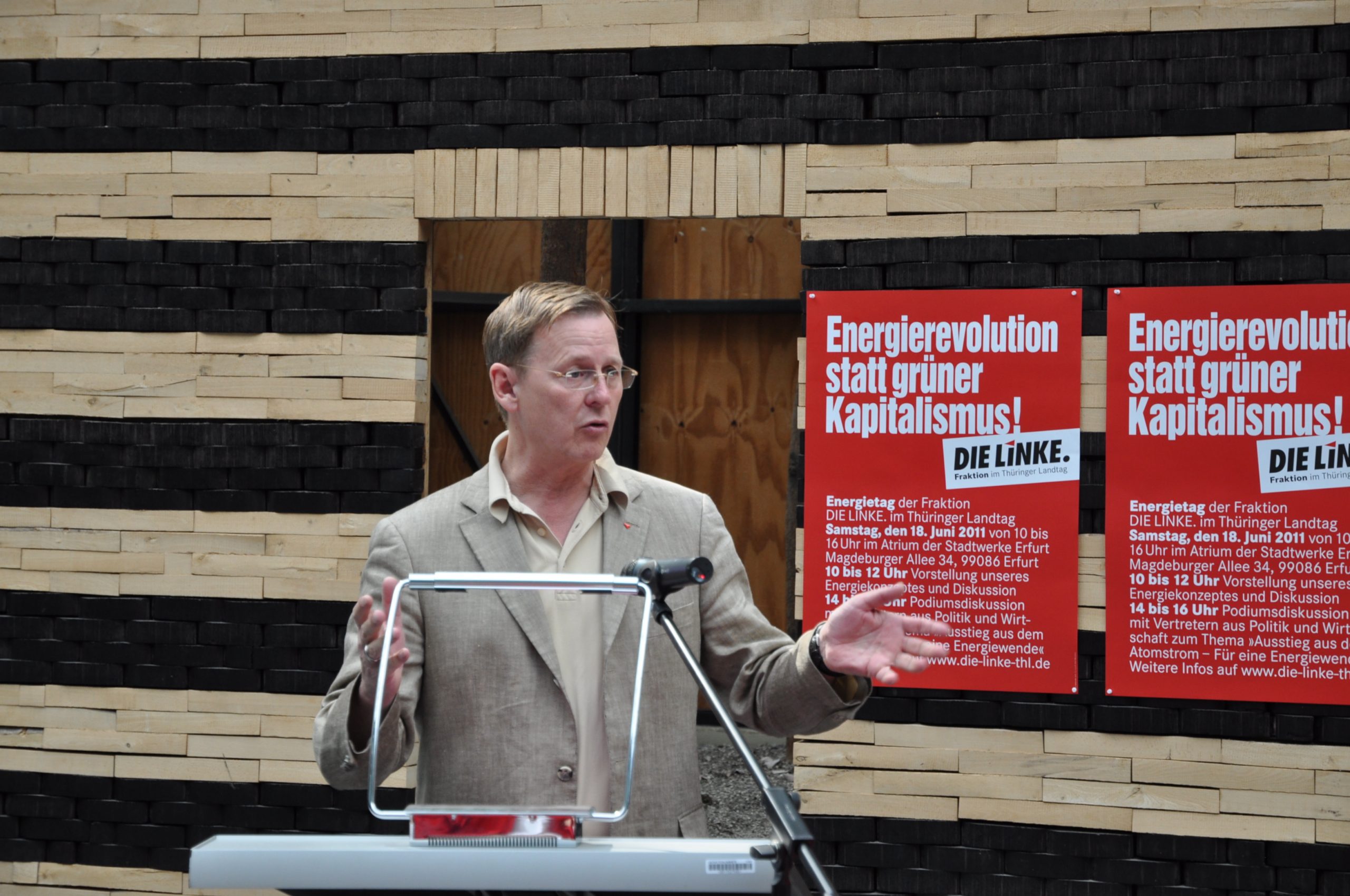„Now I feel like there is something leaden over everything.„
Content
Preface
When Red Heidi was still Red Heidi.
Oh boys, by the time you grow up, this border won’t exist anymore.
It was indeed a dictatorship.
The Federal Administrative Court has determined that I am a democrat.
Voters who choose us must feel that by doing so, they can make a difference.
This good/evil dichotomy does not help us move forward.
The solidarity surcharge is long obsolete.
It’s odd when as a leftist from Thuringia, I praise the CSU in Bavaria.
Each municipality should produce as much as it needs itself.
The regional association [Bavaria] has focused on itself for too long.
The murderers are quite well-connected.
With the words: „Now I have the feeling that there is a leaden weight over everything,“ Bodo Ramelow described the social mood in Germany on September 1, 2013, a few weeks before the federal election. At this time, Ramelow was still the parliamentary group leader of the Left Party (Die Linke) in the Thuringian State Parliament.
With his „feeling,“ Ramelow, born on February 16, 1956 in Osterholz-Scharmbeck, Lower Saxony, was not alone. The society itself seemed on the verge of being crushed by a leaden burden, not just the mood within it. In those days, the final recourse of German politics had narrowed to the dogma of inevitability, and the ruling elite, in a grotesque manner, asserted a claim to political infallibility. In various coalitions, they had subjected the actions of the state to the paradigm of neoliberalism and called for market-radical globalization. They had reduced the role of the state to ensuring the functioning of the market. They treated its social responsibility towards the individual, society, and nature as a historical footnote. This paved the way for the concentration of wealth in fewer and fewer hands.
Many people had begun to oppose the dictate of supposed inevitability. The disillusioned turned away from the governing parties. Not a few ended up in right-wing extremist groups.
Against this background, the interviewer conducted the following conversation with Bodo Ramelow. In the lead-up to the 2013 federal election, it was intended to shed light on the extent to which the party Die Linke had a concept for how to win over those disillusioned by the politics of the governing parties for a democratic and emancipatory society.
A few months after the interview, Bodo Ramelow became the first Minister President of the party Die Linke in a German state. The outcome of the 2013 federal election arithmetically would have permitted a red-red-green coalition government. – But things turned out differently.

Read here an excerpt from my interview with Bodo Ramelow:
HAMCHA: Good morning, Mr. Ramelow. – Why are you on the left?
Bodo Ramelow: Why am I on the left? – I come from an old, Protestant, conservative family where the issue of social responsibility has always played a central role. It was the question of responsibility, especially for other people or for societal developments. In our family, there has always been a strong affinity not only to focus on oneself but actually to care that one can only be well if those around are also doing well. – If there is a perspective there. That’s a fundamental attitude that has been instilled in me from the cradle in my life. The question of party political affiliation only came to me many, many decades later.
I have been a trade unionist, I have been a works councilor, I was involved in the peace movement in the 1970s. It wasn’t until 1999, here in Thuringia, that I became a member of a party, namely the PDS at the time. The reason was, today is September 1st, the International Day of Peace, the bombing of Serbia, German involvement in a military operation, in a war effort, which deeply affected me. At that time, I became a member of the PDS, with the message: „I am joining this party to contribute to making it a party for all of Germany, a socialist party.“ In Germany, socialism has always been translated, especially in West Germany, through anti-communist currents and the Cold War, with terms like SED, the Berlin Wall, STASI, the Gulag, and other things. My vision of a different society is much more than a reduction to state capitalism as seen in Eastern European countries.
HAMCHA: Your family, as you mentioned, is Protestant and conservative. Was your path into the politically left-wing camp accompanied by conflicts against this background or was it accepted by your family?

Read the entire interview with Bodo Ramelow as an eBook here.

